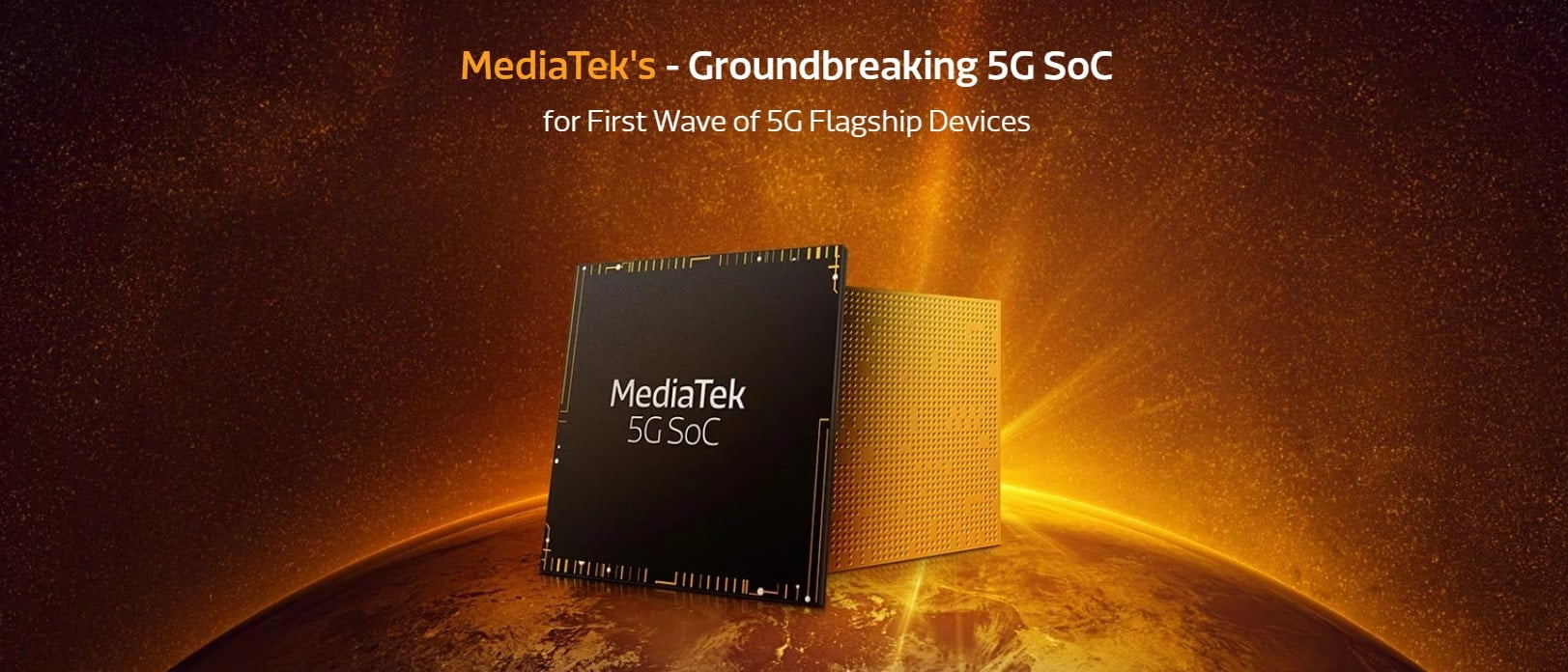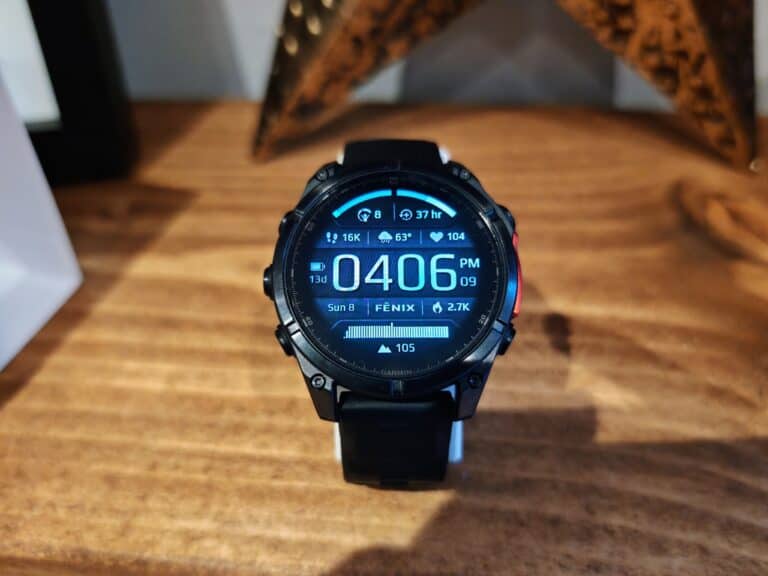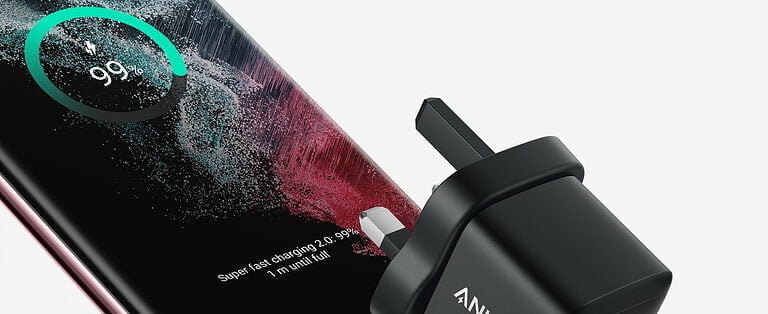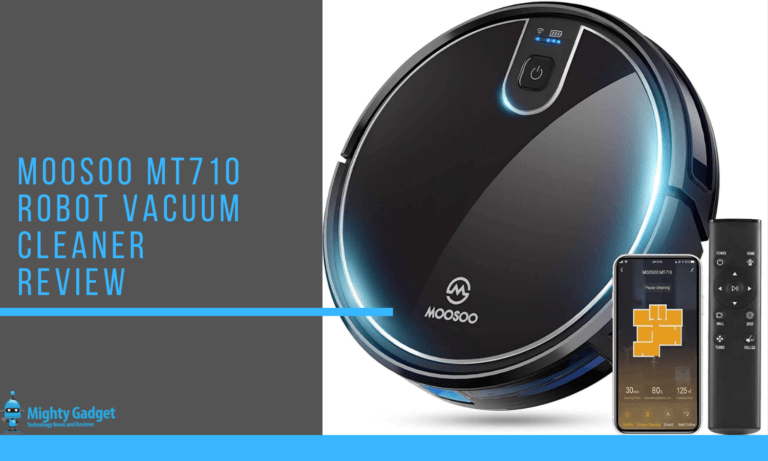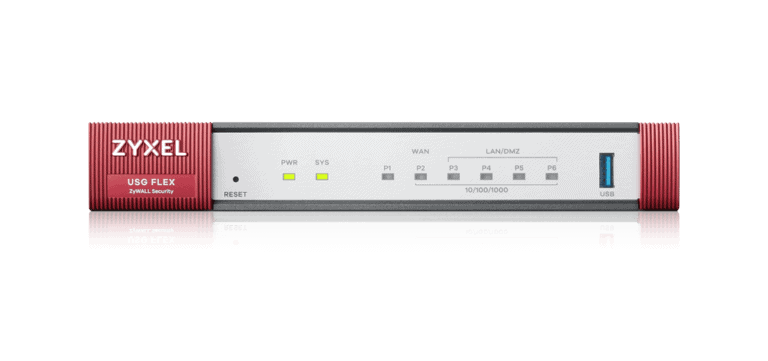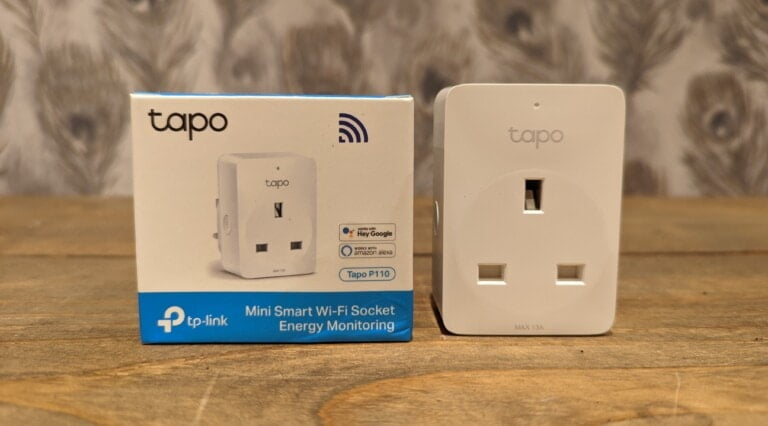Any links to online stores should be assumed to be affiliates. The company or PR agency provides all or most review samples. They have no control over my content, and I provide my honest opinion.
Huawei may be the first company to launch a phone featuring an integrated 5G chipset thanks to the Kirin 99 5G, but it was MediaTek that announced the first 5G chipset all the way back in May. Admittedly, this was likely a marketing tactic, to be classed as the first company to announce such a technology.
At the time the announcement was a little vague, there were no specifics mentioned for the chipset, all that was stated was that is uses the Coretex A77 architecture and the Mali G77 GPU while being fabricated on the 7nm FinFET fabrication process. For 5G connectivity, it features the integrated Helio M70 5G modem.
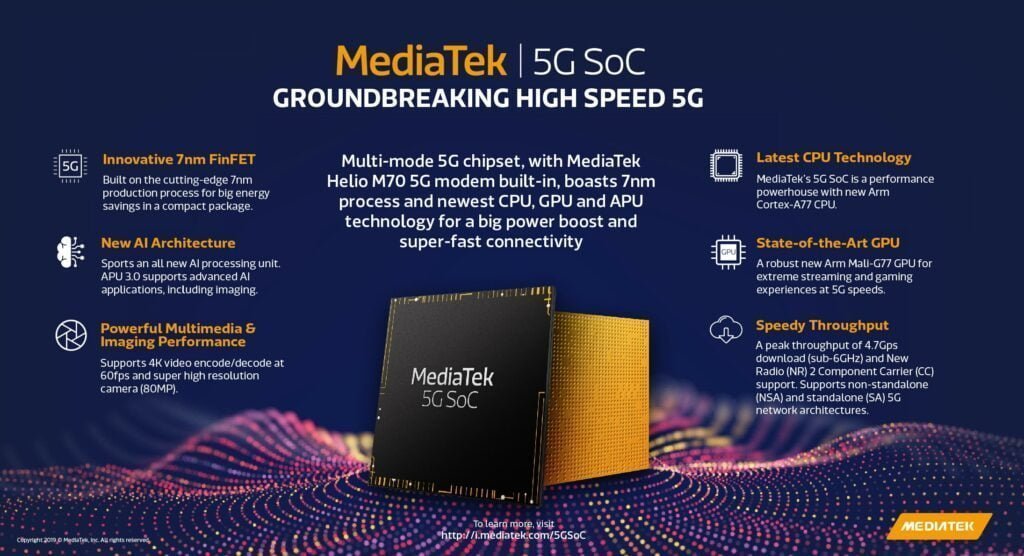
The chipset is scheduled to be mass-produced by the end of the year and will appear in devices by the first quarter of 2020. Today, a Geekbench result showing the processor’s performance has surfaced on the web. The authenticity of the source is up for debate, all we have is a photo of the screen with the results.
The benchmark result shows the processor scored 3447 points in the single-core test and then 12151 points in the multi-core score. The result also shows the test device is running Android 10.
It is believed that the chipset has its frequency set to 2.3GHz for its performance cores.
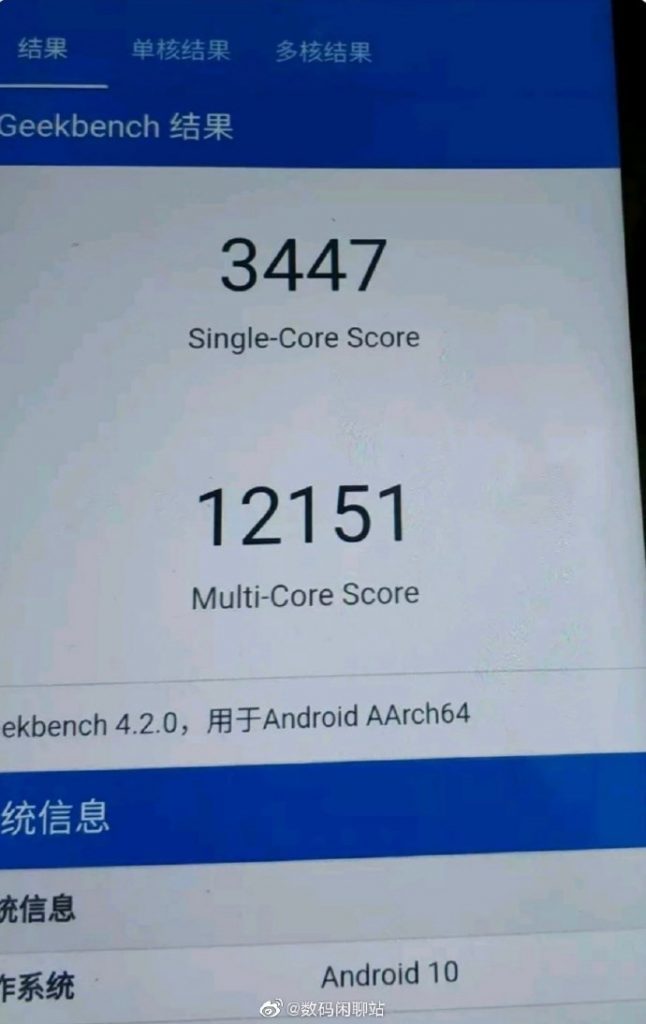
With the release schedule not being until the first quarter of next year, it is safe to say this is nowhere near a final version of the phone and performance could change quite a bit by release.
In comparison to the most recent MediaTek release the Helio G90, which uses Arm Cortex-A76 and made on the 12nm FinFET node, scores 2410 and 7193. So if the scores are true, then this is a huge boost in performance.
So far two Huawei Mate 30 phones have shown up on Geekbench, the most recent result which is for phone model LIO-AN00 is presumed to be for the Kirin 990 5G variant. This scored 3851 and 12636 in Geekbench. Huawei opted to go for the A76 architecture for this year’s chipset, stating that they got better performance from higher clocks vs the lower clocked A77, and the above scores appear to back this claim up.
I am James, a UK-based tech enthusiast and the Editor and Owner of Mighty Gadget, which I’ve proudly run since 2007. Passionate about all things technology, my expertise spans from computers and networking to mobile, wearables, and smart home devices.
As a fitness fanatic who loves running and cycling, I also have a keen interest in fitness-related technology, and I take every opportunity to cover this niche on my blog. My diverse interests allow me to bring a unique perspective to tech blogging, merging lifestyle, fitness, and the latest tech trends.
In my academic pursuits, I earned a BSc in Information Systems Design from UCLAN, before advancing my learning with a Master’s Degree in Computing. This advanced study also included Cisco CCNA accreditation, further demonstrating my commitment to understanding and staying ahead of the technology curve.
I’m proud to share that Vuelio has consistently ranked Mighty Gadget as one of the top technology blogs in the UK. With my dedication to technology and drive to share my insights, I aim to continue providing my readers with engaging and informative content.

